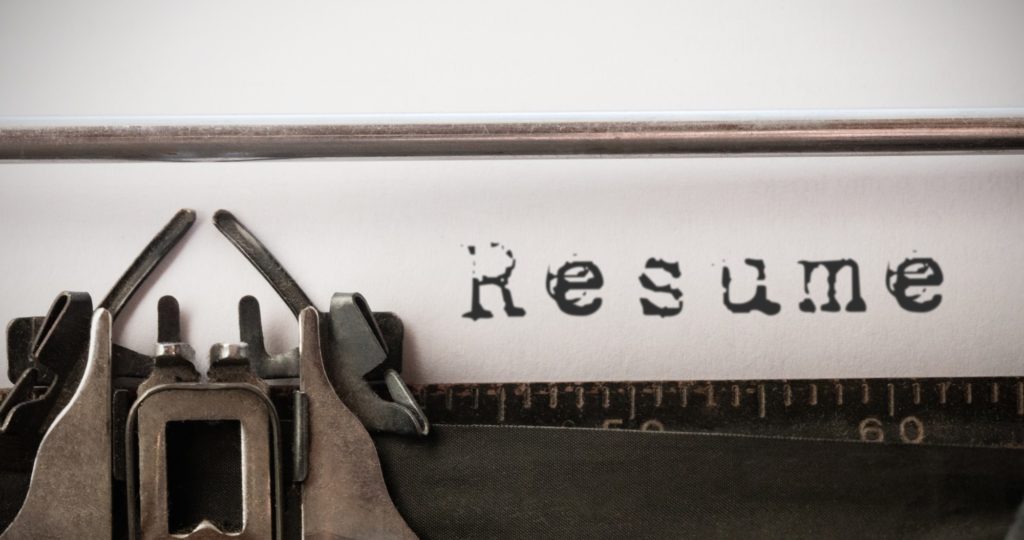
Have you recently lost your job or just want to explore new opportunities beyond your current position? If you want to boost your chances of getting a great job, then you’ll need a resume that looks professional and highlights all you have to offer employers.
While you probably can assume your resume should showcase your experience and education, you might not know all the details you should include. Also, you have to consider the level of detail needed and relevance to the job you want.
Read on for seven important things to put on your resume.
1. Contact Details
To make it easy for employers to identify and contact you, always include your name, phone number, and email address at a minimum. If you have a title, feel free to add that to your name. You might also consider putting your full address along with links to your personal website, LinkedIn, and any portfolios.
2. Professional Summary
Whenever you look at resume templates, you’ll usually see a summary or objective section. Use this to showcase your most important skills and accomplishments. You can also share your goals for your new role.
3. Detailed Work Experience
While you don’t have to include every job you’ve ever had, add at least your last 10 years of employment history to your resume. Examples of what to include in a resume include your title, workplace, and dates of employment. You can then make a list of your accomplishments and duties.
4. Educational History
Use this section to list all of the degrees, diplomas, and certificates you’ve earned. Include any specific accomplishments or notable courses too. If you have graduated from college, you don’t necessarily need to list your high school diploma.
5. Professional Certifications
If you’ve earned an industry credential or obtained a license, including this information is another resume requirement to know. You might also want to include the dates for which the credential is valid. If you have an expired credential, leave it off unless absolutely necessary.
6. Job-Related Skills
Resume guidelines suggest that you include your technical and soft skills in lists within a section. Technical skills include skills specific to job duties like software or machines you use or processes you understand. Soft skills include general abilities that apply to many jobs and include things like communication, problem-solving, and organizational skills.
7. Hobbies and Interests
Employers often also want to know about personal interests and volunteer work you’ve done. You can use this section to talk about your favorite hobbies, fields that interest you, and non-work skills you’ve gained. Just avoid discussing anything that could seem sensitive or otherwise hurt you in your job search.
Remember These Things to Put on Your Resume
When you’re working through these things to put on your resume, keep in mind that you should also tailor everything to the job you’re seeking.
For example, if you’re looking for jobs in multiple industries, you might consider making a few versions of your resume. One might focus on a customer service role, while the other might suit a more administrative position.
After reading this resume information, be sure to check our other posts for more life tips.





















Add Comment